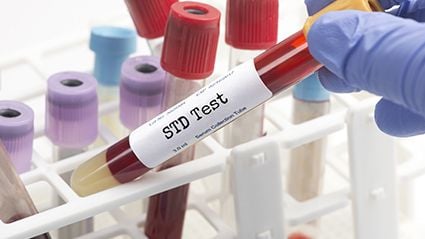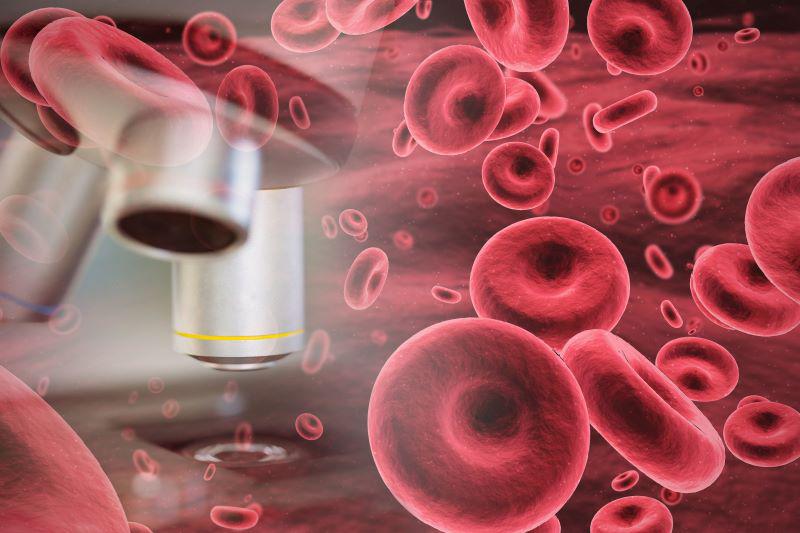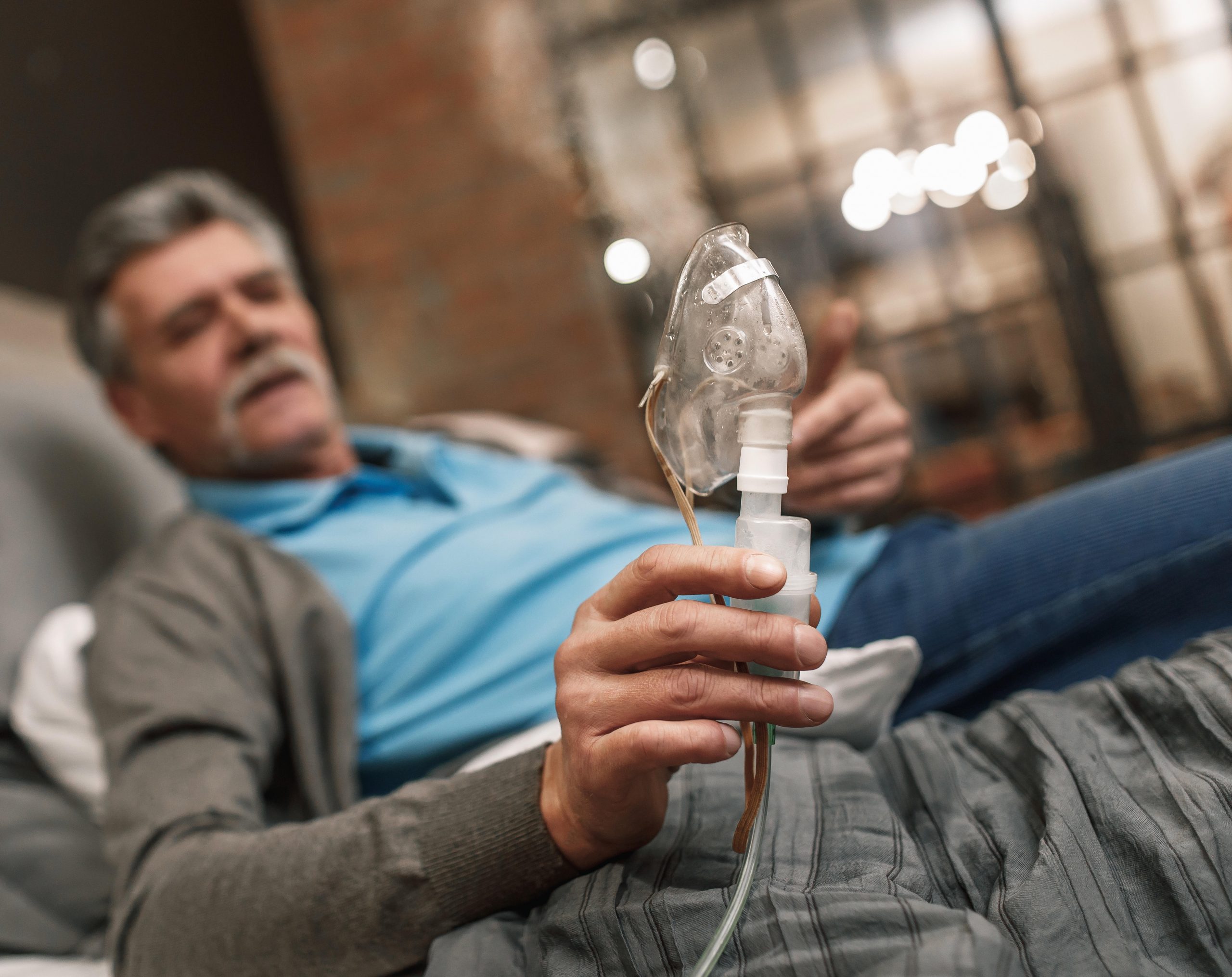
Menopause is thought to trigger mood changes among women, with changes in female hormone levels contributing to anxiety, depression and stress. However, a new study says some women are at more risk than others for menopause-linked mental health issues, and many escape them altogether. There’s no evidence that menopause causes a universal rise in risk… read on > read on >






























